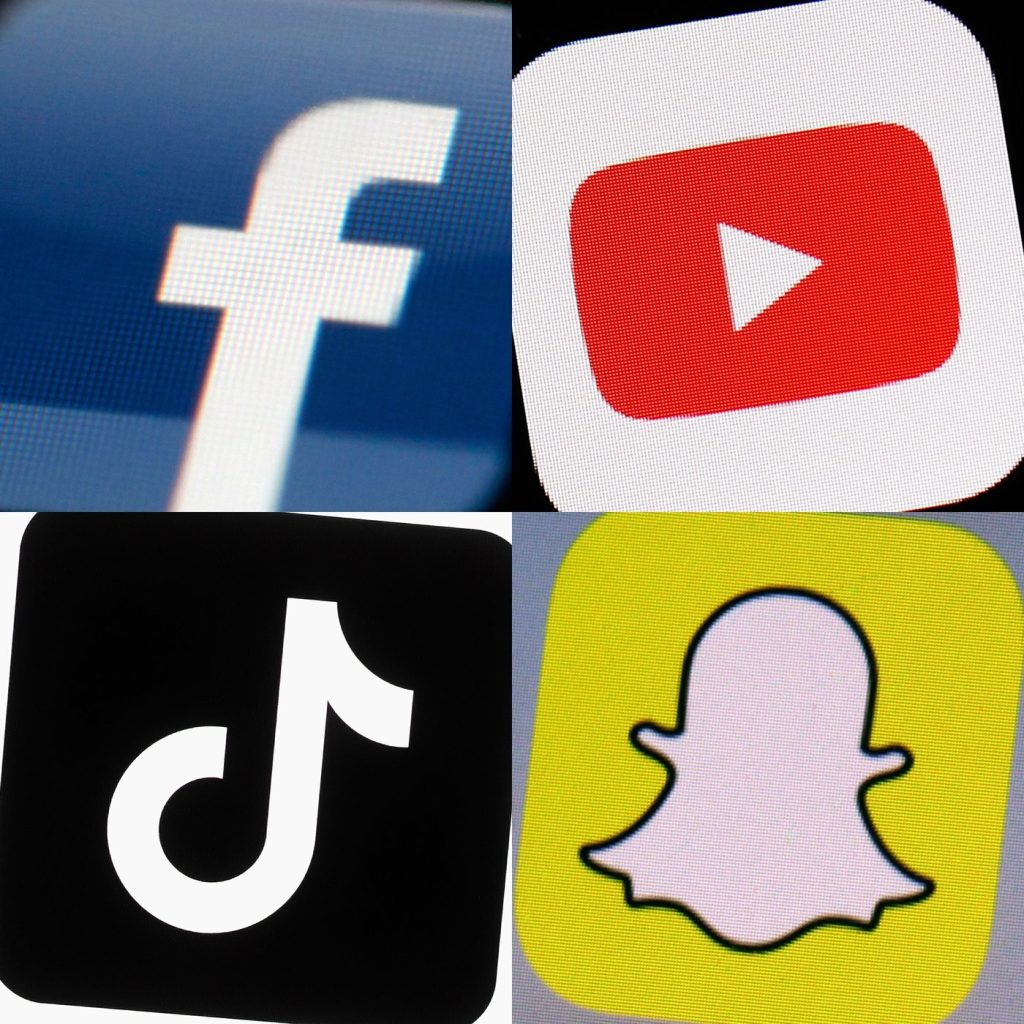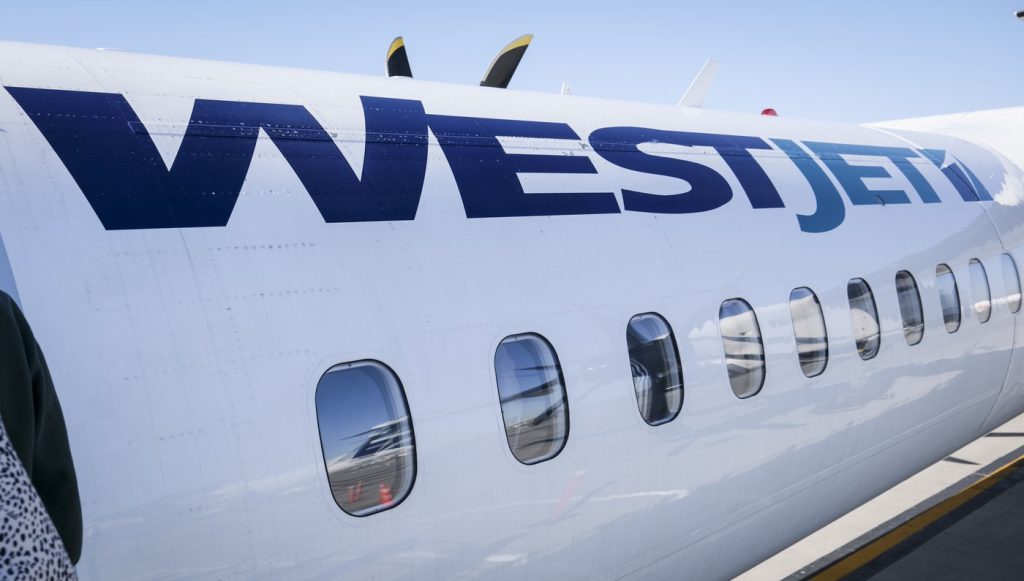MELBOURNE, Australia (AP) – Australian authorities announced on Tuesday that social media platforms should not require age verification for all account holders starting from December 10, when a ban on children under the age of 16 having accounts will be implemented. This marks a significant step as Australia becomes the first country to enforce such a ban, which presents unique challenges for social media companies.
The government released guidelines detailing how platforms like TikTok, Facebook, Snapchat, Reddit, Twitter (now rebranded as X), and Instagram should approach this new legislation. According to these guidelines, it is deemed unreasonable for platforms to reverify the ages of all existing account holders, suggesting that these companies likely already possess sufficient data to confirm users are older than 16.
Australia's eSafety Commissioner, Julie Inman Grant, who drafted the guidelines, emphasized that the platforms currently have "targeting technology" capable of precisely identifying younger users. “They can target us with deadly precision when it comes to advertising. Certainly, they can do this around the age of a child,” she stated, underscoring the existing capabilities of social media platforms to filter users based on age.
The Australian Parliament enacted this ban last year, allowing a year for platforms to develop effective implementation strategies. Non-compliance with the regulations could result in hefty fines, with penalties reaching up to 50 million Australian dollars (approximately $33 million) for platforms that fail to adequately prevent those under 16 from creating accounts.
While the legislation aims to protect young users, critics have expressed concerns regarding the potential privacy implications for all users, as many would need to confirm their age. Inman Grant dismissed these fears, labeling claims that every account holder would be subjected to age verification as a "scare tactic." Communications Minister Anika Wells echoed her sentiments, reassuring users that the government intends to maintain a high level of privacy for platform users’ data.
“These social media platforms know an awful lot about us already,” Wells said. “If you have been on, for example, Facebook since 2009, then they know you are over 16. There is no need to verify.” This highlights the ongoing tension between privacy concerns and regulatory demands in the digital age.
Next week, both Wells and Inman Grant plan to travel to the United States to engage with the owners of these platforms on the newly established guidelines. Inman Grant reiterated the necessity for platforms to demonstrate they are taking "reasonable steps" to exclude children under 16. She acknowledged that the complete elimination of under-16 accounts may not occur immediately on December 10 but emphasized that the focus will be on identifying systemic failures in applying the necessary technologies and policies.
Experts, such as Lisa Given from Melbourne’s RMIT University, have noted the inherent challenges posed by age verification technologies. Given remarked on the government's recognition of the limitations and potential inaccuracies of these systems. "It’s going to be up to each of the platforms to determine how they’re going to comply, and it will be interesting to see if they test the limits of the definition of 'reasonable steps,'" she commented, indicating a potential variance in compliance strategies among the different platforms.
As Australia moves forward with this pioneering legislation, the implications for social media regulation globally will be closely watched, with significant interest in how platforms adapt to meet compliance standards while balancing user privacy and safety.












